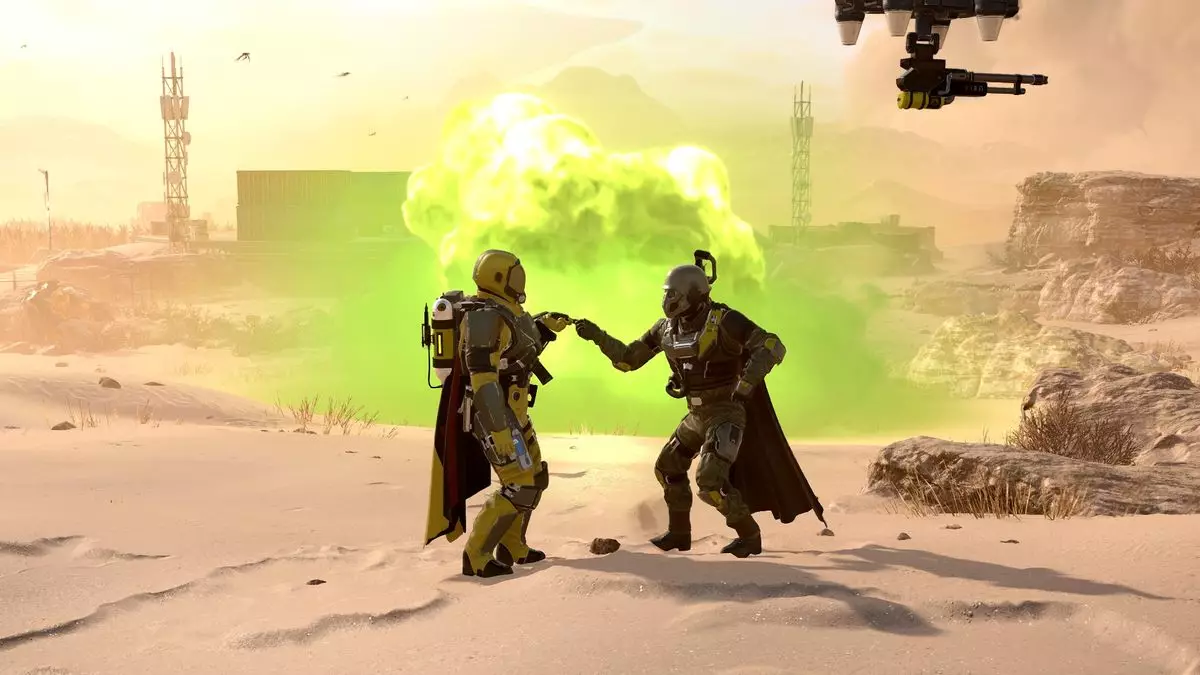The world of video game soundtracks often oscillates between trends, with orchestral compositions frequently taking a backseat to electronic and popular music styles. However, the latest installment in the Helldivers franchise has sparked renewed enthusiasm for orchestral soundscapes, primarily through its evocative music and the heartfelt journey of its composer, Will Roget. The case of Helldivers 2 presents not just a compelling score but also a narrative of personal and professional redemption that resonates deeply with both the gaming community and the music industry.
In a remarkable revelation, Roget candidly shared that his dedication to orchestral game music had wavered significantly prior to the release of Helldivers 2. His initial inclination to pivot away from the genre stemmed from an all-too-common concern: a perceived disinterest among players toward orchestral scores. The difficulties associated with creating these grand compositions—time, cost, and complexity—added further weight to his uncertainty. However, the response that Helldivers 2’s soundtrack received not only validated his efforts but also reignited his passion for this intricate art form.
Social Media Praise
The conversation surrounding the game’s score wasn’t just one-sided. Director Johan Pilestedt took to social media to express his astonishment that the Helldivers 2 soundtrack had not garnered any award nominations despite its brilliance. His enthusiastic tweet—claiming that he listens to the soundtrack daily—highlights how pivotal a role social media plays in shaping public perception of game music today. This mention also brought attention to the collective sentiment among gamers who appreciate music as an integral component of their gaming experience.
Roget’s surprise at the overwhelming response to his work cannot be overstated. With players creating music reaction videos and covers—including an entire metal album adaptation—the community’s reception has proven invaluable. This interaction underscores the unique relationship between game composers and players, where the latter actively engage with and reinterpret the music. Such grassroots endorsements echo the growing importance of soundtracks in shaping a game’s identity and player experience.
The revitalization of interest in orchestral game music, exemplified by Helldivers 2, illustrates how the gaming community can significantly influence the direction of sound design and composition in games. For creators like Will Roget, the journey from doubt to elation reveals the importance of community feedback and support. As more players begin to recognize the emotional impact of orchestral scores, we may soon witness a renaissance of epic orchestral compositions in the gaming industry—shaping the future soundscape of video games for years to come.

